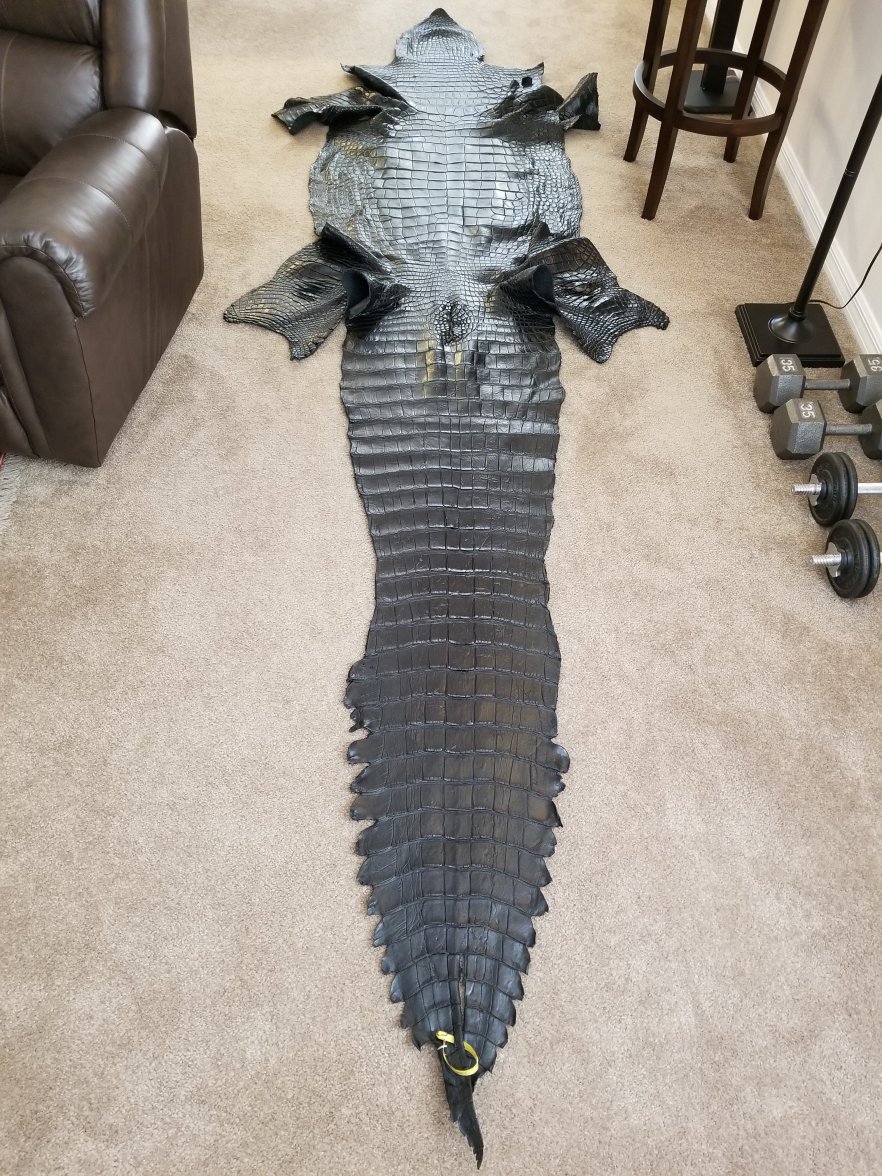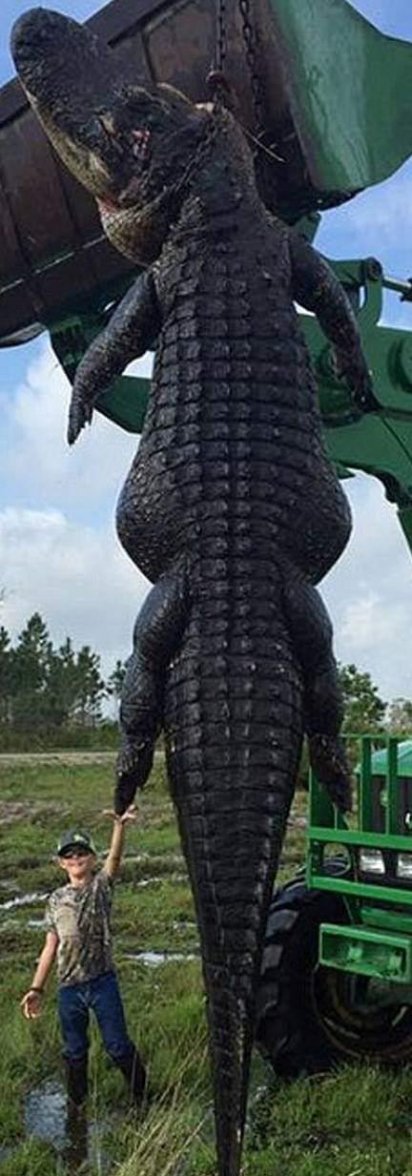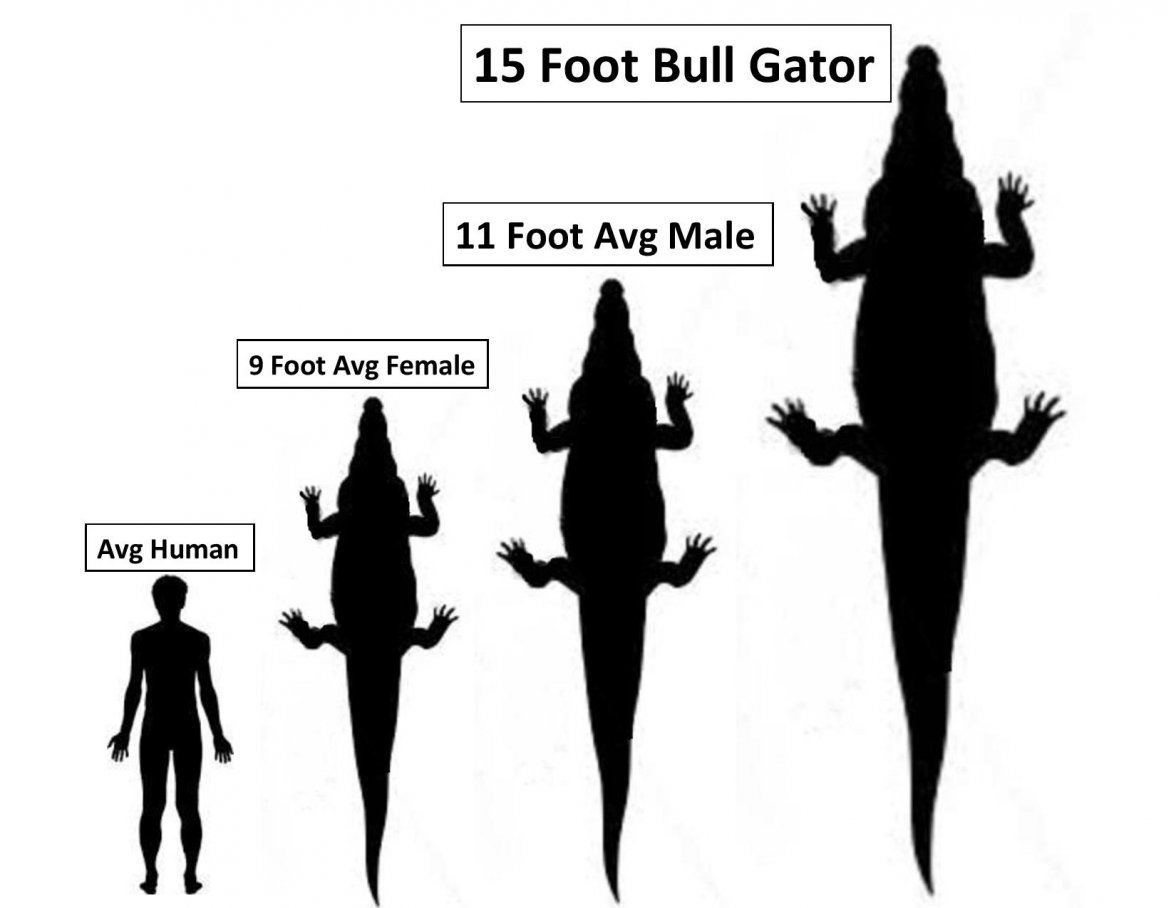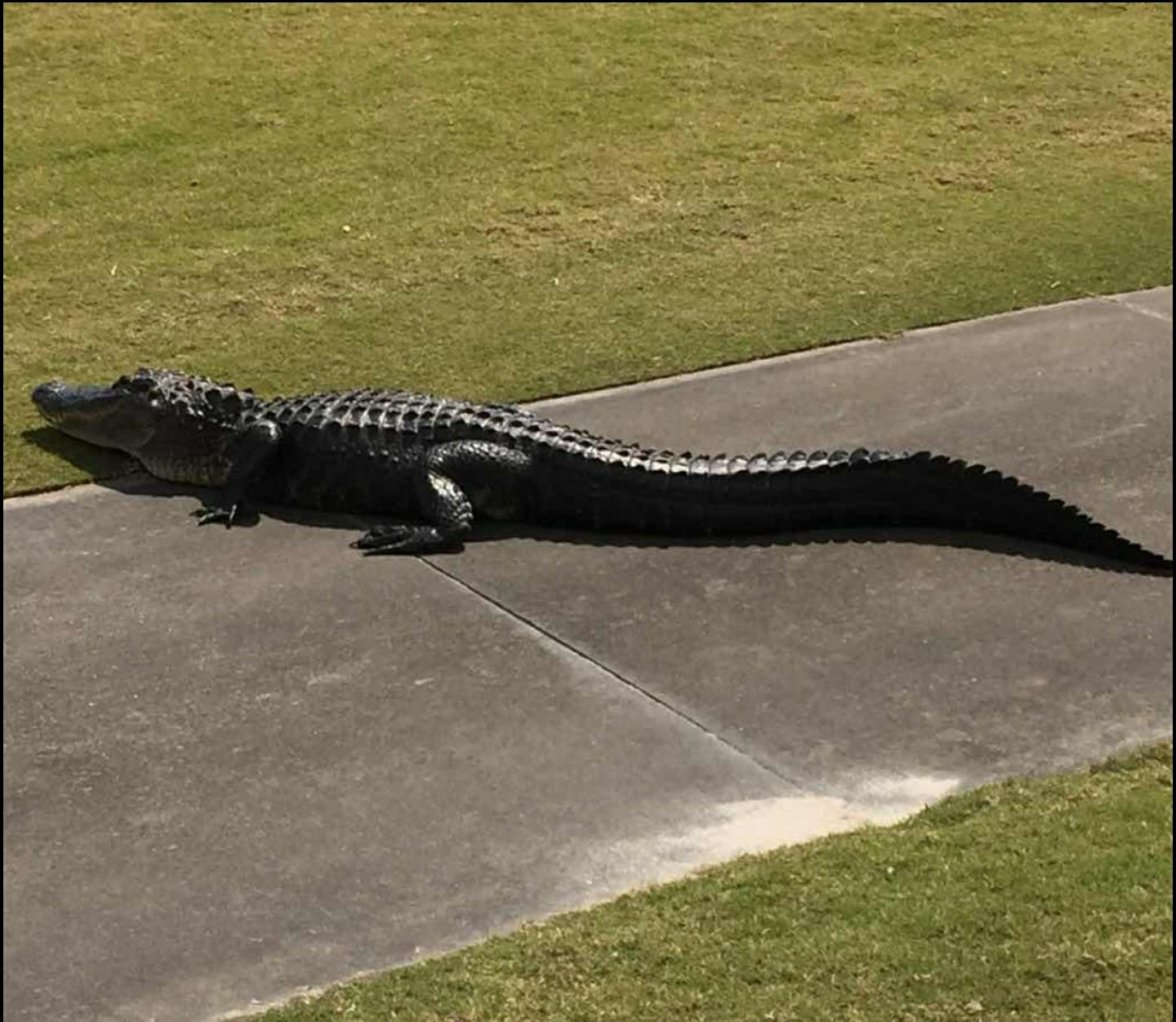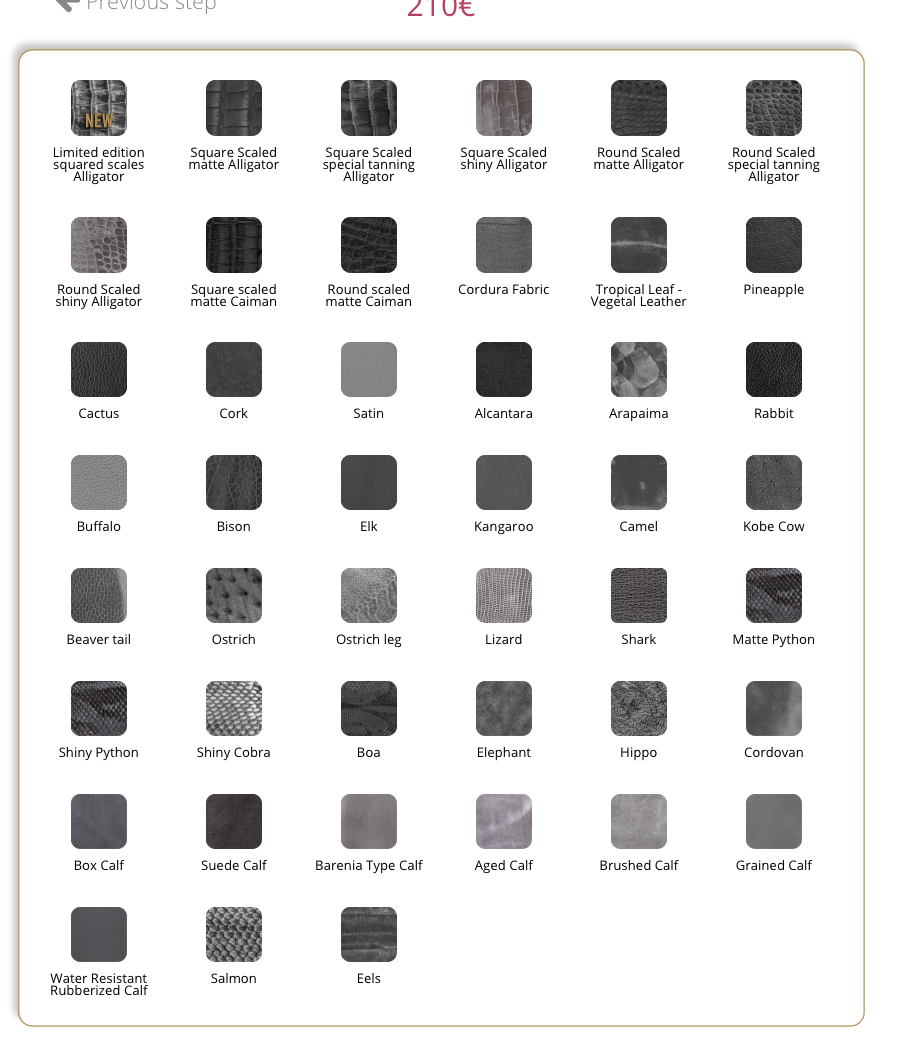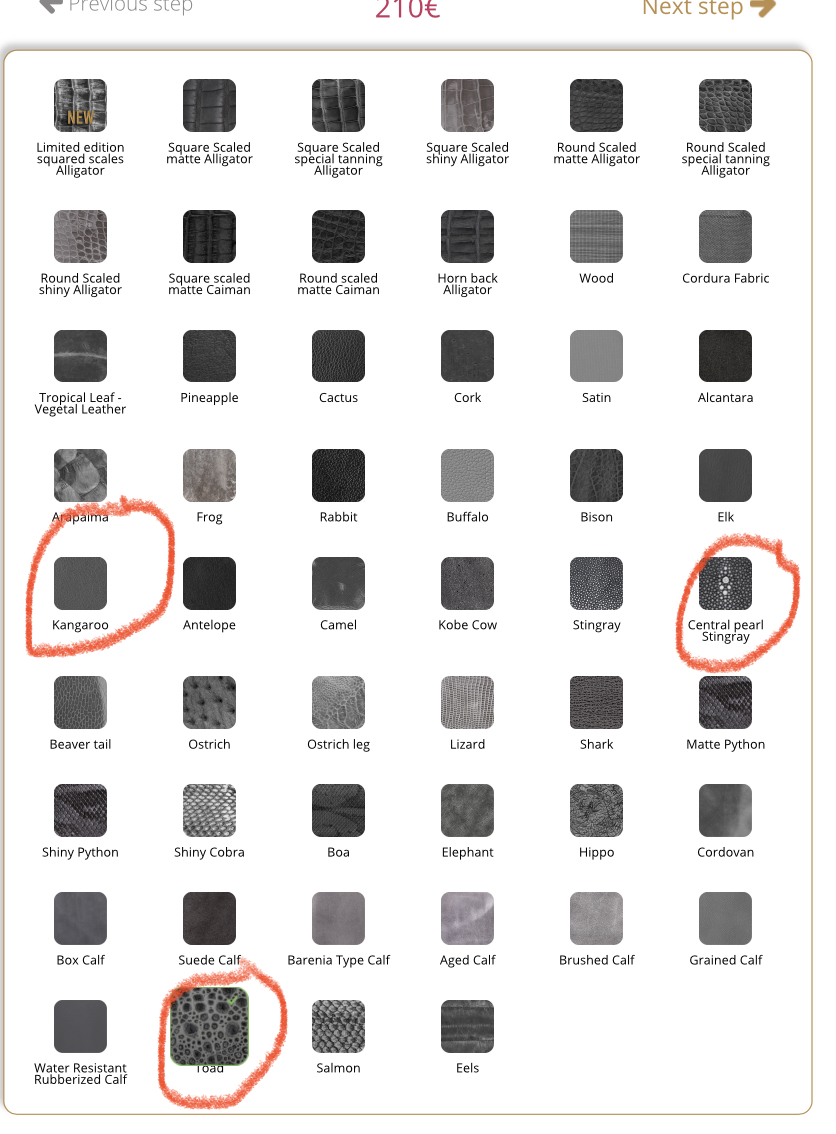lexieb007
·Just curious...
On new pieces....?
Because Alligator mississippiensis is (still) on the EU endangered wildlife list...
Is it not?
On new pieces....?
Because Alligator mississippiensis is (still) on the EU endangered wildlife list...
Is it not?



